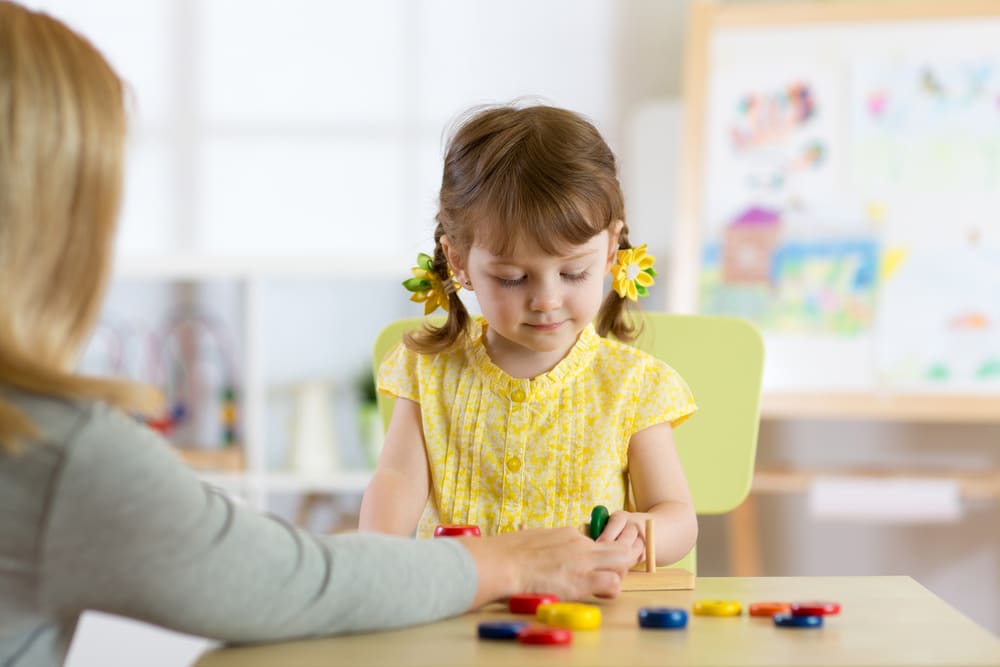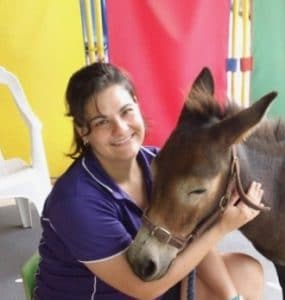Table of contents:

Causes of anxiety in children
1. Family history
If you or your partner has or had an anxiety disorder in the past, there’s an increased chance that your child will develop anxiety too. The age you or your partner started suffering from anxiety is also important, as your child is likely to develop anxiety around the same time.
2. Makeup of the brain
The chemical reactions and structure of your child’s brain can determine whether they will develop anxiety. Studies have shown that children with hypersensitivity in the Amygdala (the area of the brain that takes care of our flight or fight responses) often suffer from the disorder at some point in their lives.
3. Experiences in their childhood
Children who have had a challenging childhood due to a difficult experience are more likely to develop anxiety as adults. This could include experiences such as divorce, the death of a parent, or childhood abuse. It’s important to seek help and support for your child early on to prevent complications in the future.
4. Personality type
Some theorists argue that children who are sensitive or shy are more likely to suffer from anxiety. On the other hand, other theorists argue that emotionally sensitive children learn resilience, which prevents them from developing anxiety. Either way, it’s important to look out for the signs.
How you can help your child
1. Help your child manage their anxiety
Instead of removing stresses that trigger anxiety in your child, it’s better to help them learn to function as well as they can with their anxiety. This will help their anxiety decrease over time.
2. Share realistic and positive expectations
Don’t promise your child that their fears are not realistic or true by saying, for example, that other children will not laugh at them. Instead, you can instil confidence by saying that they’ll be okay. Not only will this help your child’s anxiety decrease over time, but will also gain their trust – you are asking for things that they can handle.
3. Avoid leading questions
Although it’s important to encourage your child to discuss and share their feelings, you don’t want to ask leading questions, for example, ‘are you feeling nervous about the big English test?’ Instead, try asking open-ended questions like ‘how are you feeling about your test tomorrow?’
4. Model ways to cope with anxiety yourself
By letting your child see you cope with anxiety yourself, they’ll feel confident. This does not mean that you pretend you don’t have any anxiety, but instead, let your child see you can manage it calmly and get through it.
To discuss anxiety disorder at length or enquire about our counselling services, don’t hesitate to contact our friendly team at Stepping Stones in Life Therapy Service by giving us a call on (08) 8985 6067.
Author

Barbara Kapser
Barbara Kapser is our psychologist at Stepping Stones in Life Therapy Service in Darwin. She's a member with the Australian Psychological Society and the Australian Association for Infant Mental Health.
She specialises in perinatal infant mental health, attachment disorders, developmental trauma and behaviour support.










